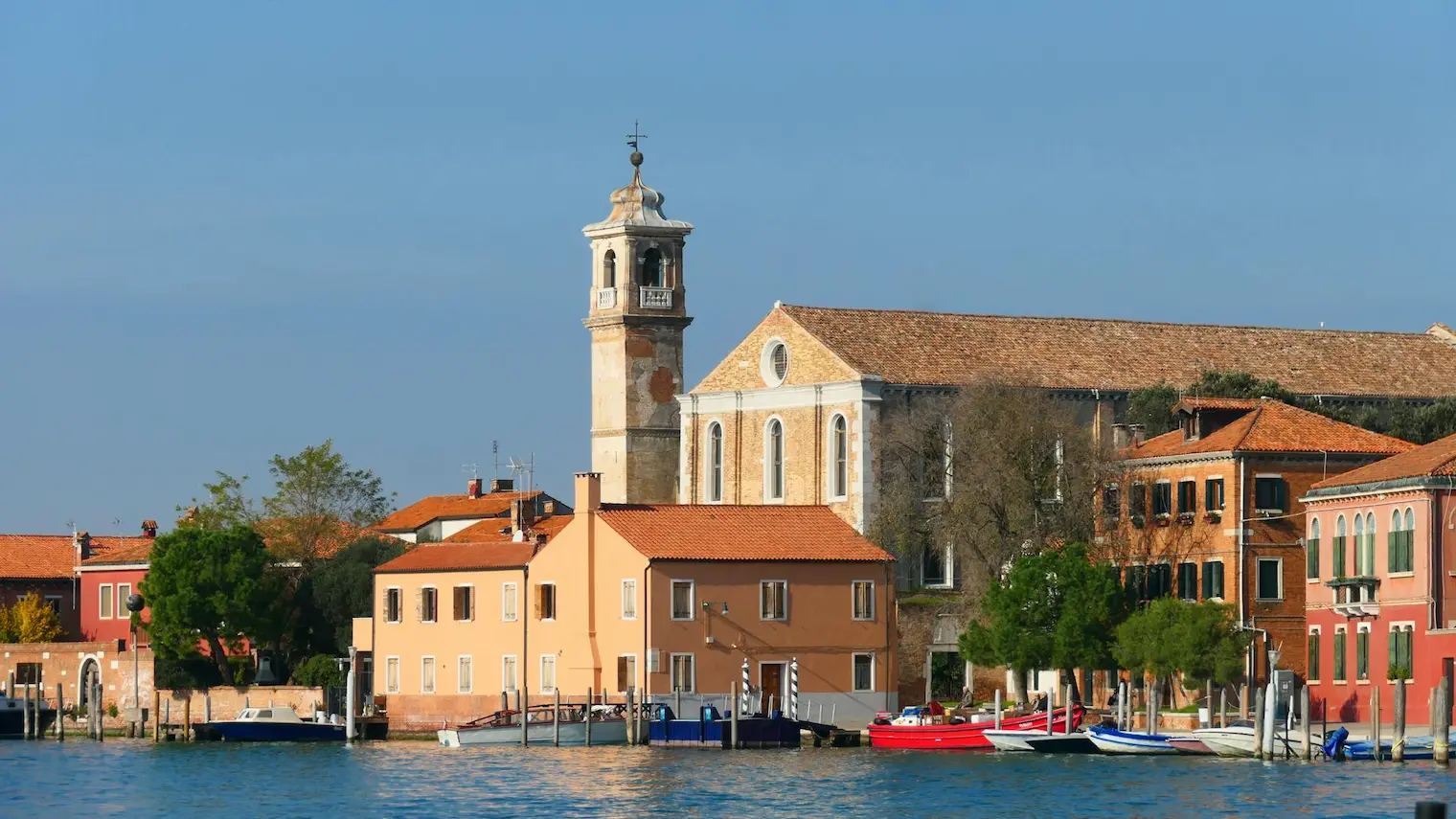
Discover the Venetian language, the unique language you will hear if you walk through the streets of Venice
The Roman dialect, or Romanesco, is the language spoken in the city of Rome, the capital of Italy, and throughout the Lazio region
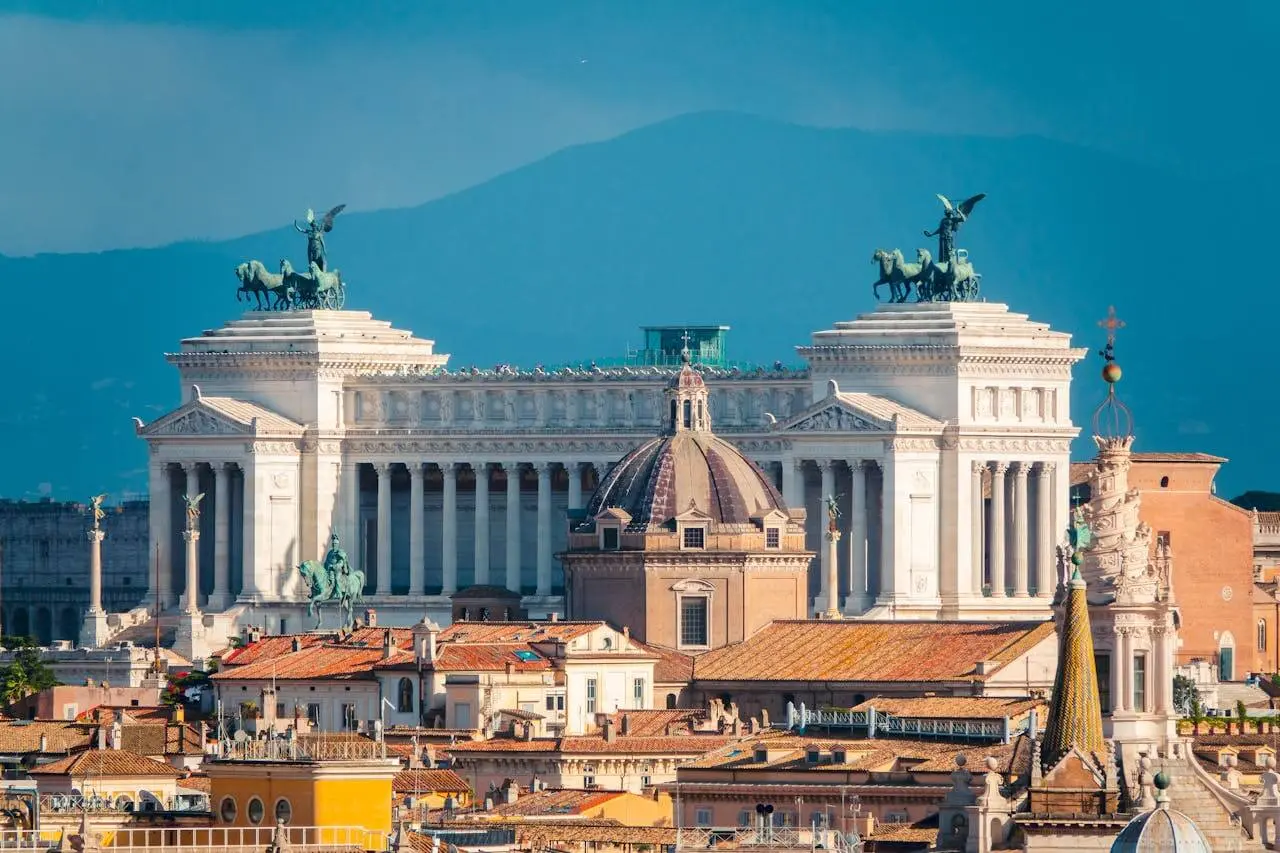
The Roman dialect is one of the dialects most similar to standard Italian. Although most Romans today primarily speak standard Italian, Romanesco is still widely used in everyday conversation. In this blog post, we’ll explore the most common features and popular expressions of the Roman dialect. You’ll hear them frequently if you walk through the streets of Rome or listen to Romans speak.
One of the first things you'll notice when listening to Romanesco is the use of definite articles. In standard Italian, the masculine singular article il becomes er. For example, il libro (the book) becomes er libro, and il Colosseo becomes er Colosseo.
Fun fact: the nickname of Francesco Totti, the famous AS Roma player, is Er Pupone, an affectionate name that can literally be translated as the big baby.
Similarly, the feminine singular article la becomes a. So you say a casa (the house) instead of la casa, and a mamma (the mom) instead of la mamma.
Indefinite articles are also shortened in Romanesco: un becomes 'n, and una becomes 'na. For example, un amico (a friend) becomes 'n amico, and una pizza (a pizza) becomes 'na pizza.
Notice how articles also change when used with prepositions. You can learn more about Italian prepositions here. For instance, you would say ar bar instead of al bar (at the bar).
Another important feature is the tendency to drop the final -re from certain verbs. For example, you would say fa instead of fare (to do or make), dì instead of dire (to say), and andà instead of andare (to go).
Ao is arguably the most iconic word in Romanesco. It’s used in casual conversation to get someone’s attention, call someone over, or express surprise or disbelief. Depending on tone and context, it can mean anything from a friendly Hey! to a shocked Whoa!
Ao, ce famo un giro?
Hey, shall we go for a walk?
Ao, che fai?
Hey, what are you doing?
Daje is a very common and versatile expression. Its meaning depends a bit on context, but generally, it’s used to convey encouragement, approval, or agreement. Sometimes it just emphasizes something energetically, like saying alright! or go on!
Daje, ce la fai!
Come on, you can do it!
Daje, forza Roma!
Come on, go Roma!
Annamo is the Romanesco version of andiamo (we go). It’s a very common and useful phrase if you want to suggest doing something with a friend, just like saying let’s go in English. For example:
Annamo a casa.
Let’s go home.
Annamo a magnà? Daje, bella idea!
Shall we go eat something? Yeah, great idea!
Possibly the most infamous Roman expression, limortacci tua literally means your dead relatives. It can be very offensive but is sometimes used jokingly among friends. If addressing multiple people, you can say limortacci vostra.
Limortacci tua, sei sempre in ritardo!
Damn you, you’re always late!
In Romanesco, anvedi comes from ah, vedi (oh, look). It’s used to grab someone’s attention and highlight something surprising or impressive.
Anvedi che casa che c’ha Diego!
Look at the house Diego has!
Na certa is a colloquial way of saying at a certain point or eventually. It’s a dialect contraction of the standard Italian phrase a una certa ora (at a certain hour). It’s most famously used in the expression s’è fatta 'na certa (or mo’ s’è fatta 'na certa), which literally means it’s gotten late.
A 'na certa mi sono stufata e sono andata a casa.
At a certain point, I got fed up and went home.
Ammazza is one of the most expressive interjections in Romanesco. It literally comes from ammazzare (to kill), but as an exclamation, it doesn’t have a violent meaning, it’s all about astonishment or surprise. Think of it like saying wow! or damn! in English.
Ammazza che caldo oggi!
Damn, it’s hot today!
Mo simply means now in Romanesco. It’s used in a very conversational, casual way and is the equivalent of the standard Italian adesso or ora.
Mo ho fame, vado a magnà.
Now I’m hungry, I’m going to eat.
Avoja is one of the most colorful and expressive words in Romanesco. There isn’t a perfect English translation because it’s a mix of enthusiasm, agreement, and sometimes incredulity. It’s a way of saying absolutely, you bet, or even hell yeah, depending on context.
Sei mai stata in questo quartiere? Avoja, ci sono stata molte volte!
Have you ever been in this neighborhood? Hell yeah, I’ve been there many times!
Abbiocco is one of the funniest and most uniquely Italian expressions. It refers to that drowsy, sleepy sensation you get after eating a large meal, what English speakers might call a food coma. The word itself sounds soft and lazy, perfectly matching the feeling it describes.
Ieri c'ho avuto 'n abbiocco pazzesco.
Yesterday I had a crazy food coma.
The Romanesco phrase Se femo du spaghi? literally translates to Shall we eat some spaghetti?” in standard Italian. However, in Roman slang, it’s simply an invitation to grab something to eat, not necessarily spaghetti (even though spaghetti all’Amatriciana are always a good idea!).
The word borghata refers to a neighborhood on the outskirts of Rome, often working- or middle-class areas. Depending on context and tone, borghata can also carry a slightly derogatory meaning, implying that the area is underdeveloped or rough, almost like calling it a slum in English. However, even in these cases, the term is often used informally rather than offensively.
While it literally means hi, my heart, in Romanesco it’s often used to signal that you’re letting something go, dropping a topic, or not taking something too seriously. It’s similar to Avoja and can be difficult to translate into English, but it’s more or less like saying forget it or no big deal.

Discover the Venetian language, the unique language you will hear if you walk through the streets of Venice
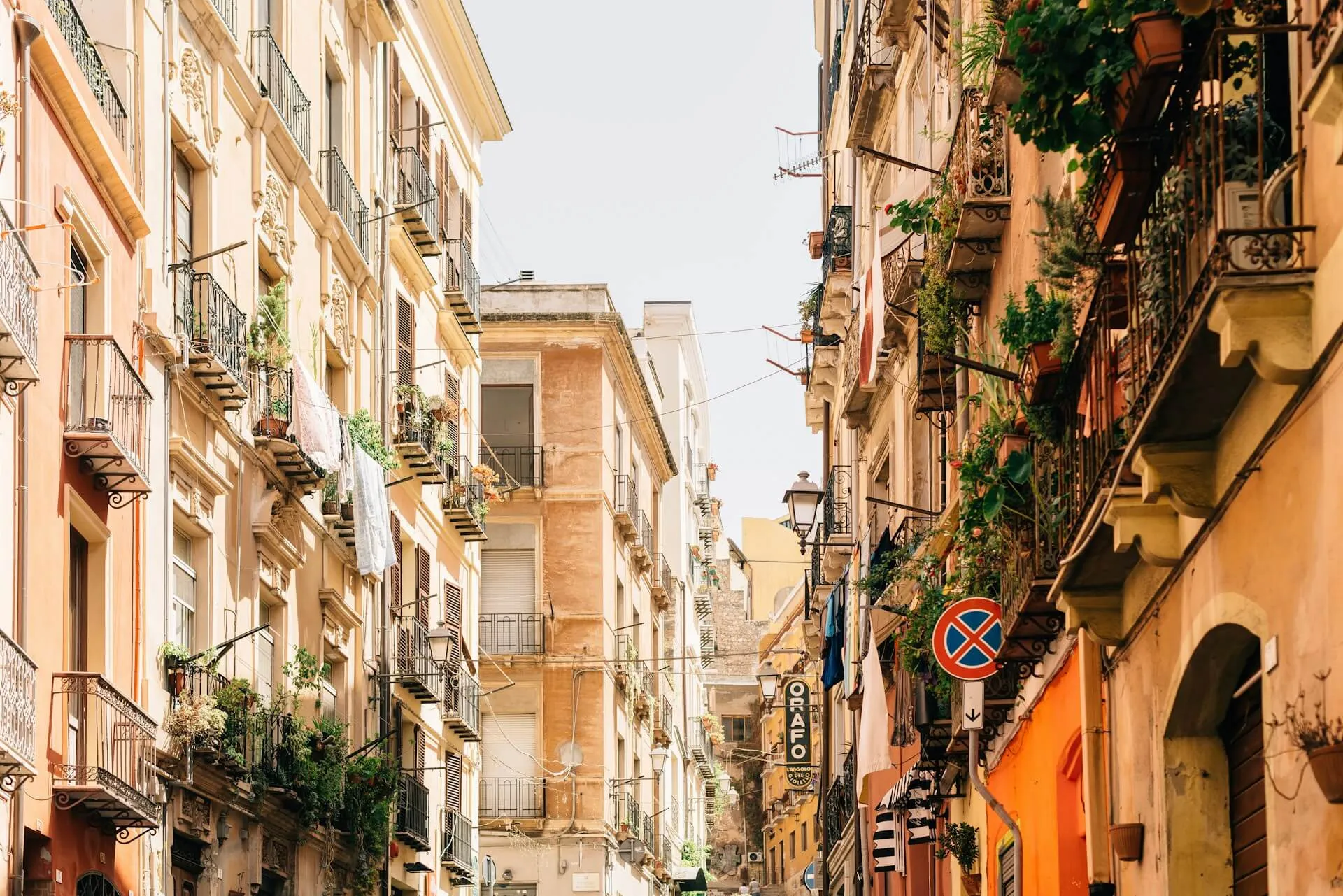
When you think of the Italian language, Italy is likely the first place that comes to mind. However, Italian is spoken in several other countries around the world
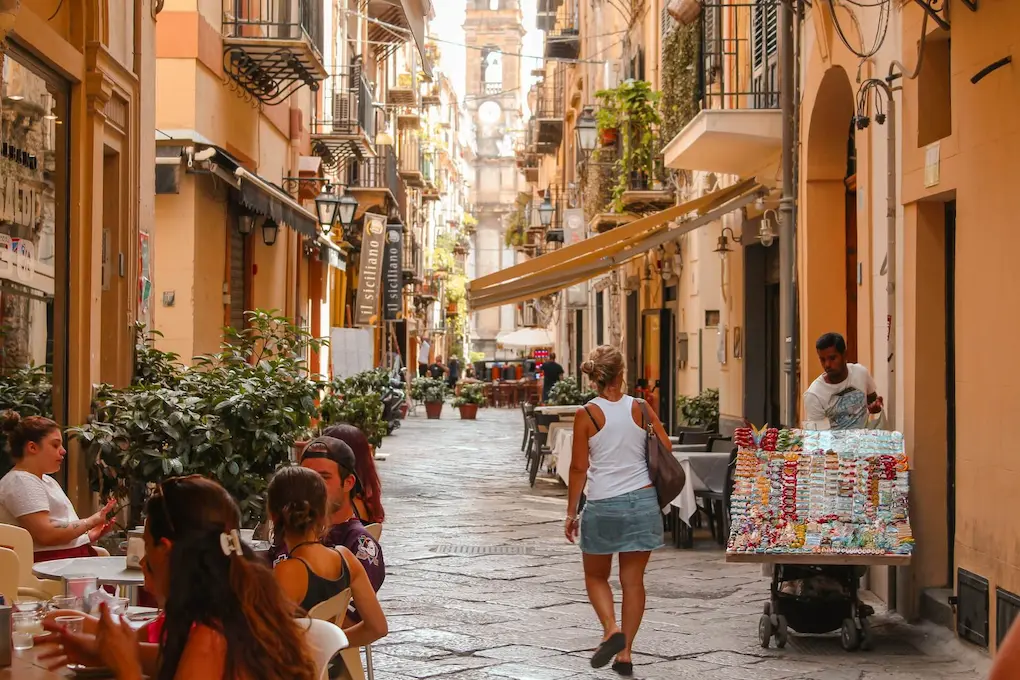
Italian slang shows how people really speak in everyday life—on the streets, online, and among friends
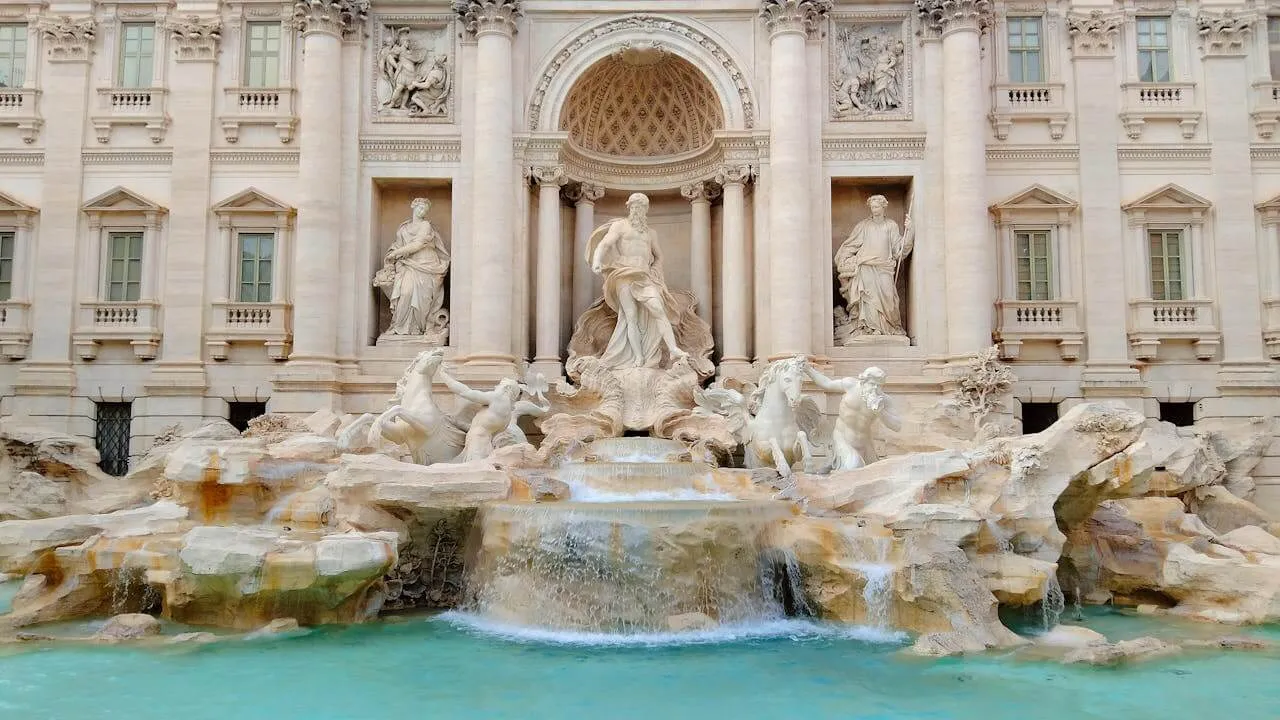
When you think of the Italian language, Italy is likely the first place that comes to mind. However, Italian is spoken in several other countries around the world
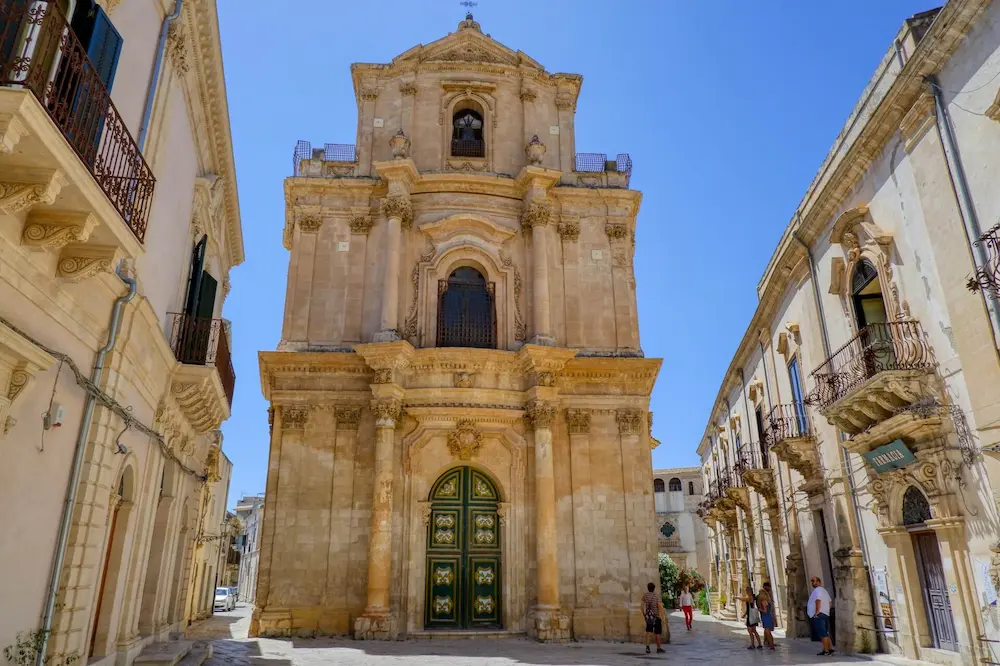
Sicilian is more than just a dialect, it’s a living language that reflects the depth and complexity of Sicily’s rich history